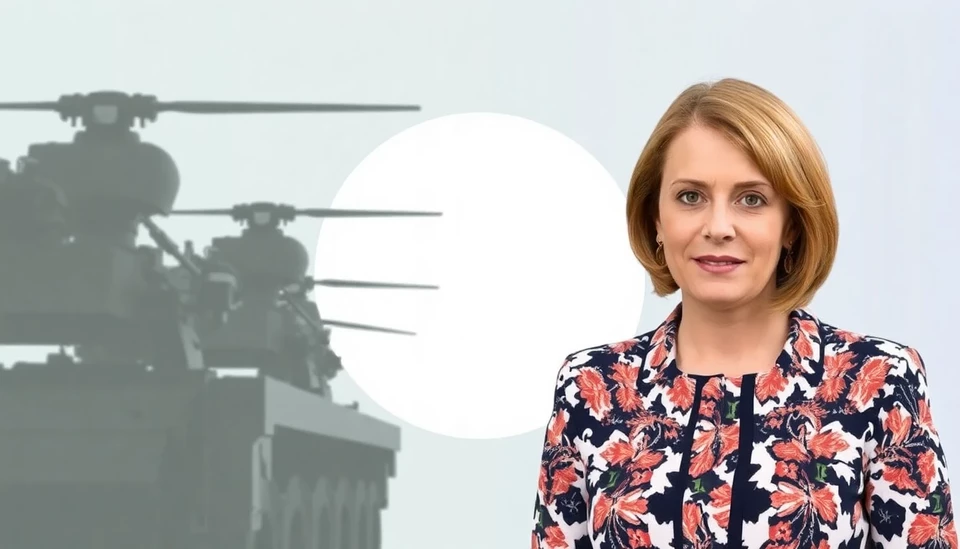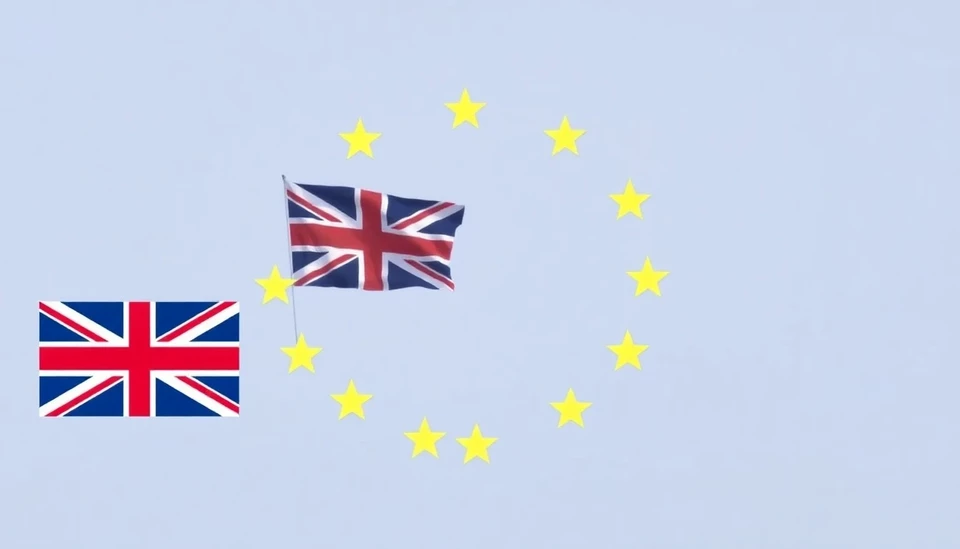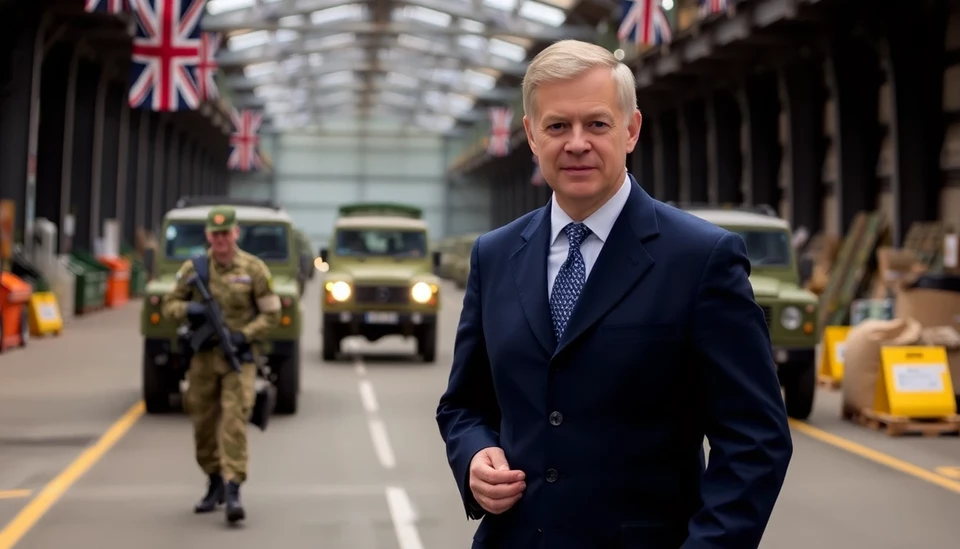
The United Kingdom's recent commitment to boost its defense budget is set to provide significant support for the country’s fiscal strategies, particularly aiding Labour's shadow chancellor, Rachel Reeves, in maintaining adherence to strict economic rules. This move comes amidst rising global tensions and a reevaluation of security priorities, underscoring the UK government's proactive stance in enhancing its defense capabilities.
Prime Minister Rishi Sunak has made it clear that the defense budget will increase to 2.5% of GDP by 2030. This dramatic increase in spending reflects the UK's response to evolving threats, including geopolitical shifts and the need for modernized military capabilities. The adjustment aims not only to bolster the nation's security but also to signal solidarity with allies, particularly in the wake of ongoing conflicts in Eastern Europe.
Rachel Reeves, who has been vocal about the Labour Party's economic principles, views this boost as an opportunity. The increase in defense spending is projected to create a cushion for the government's financial parameters, allowing Reeves to navigate fiscal responsibilities more effectively. The Labour Party has emphasized its commitment to sound economic management while also addressing pressing issues like security and defense.
Critics of the opposition and budgetary plans have raised concerns over how increased military expenditure aligns with other critical areas of public spending, such as education and healthcare. However, advocates argue that national security is paramount, especially in uncertain times. This increase not only directly addresses military needs but also promises to stimulate job creation within the defense sector, adding an economic layer to the overall discussion.
The announcement of the defense budget increase has sparked various reactions across the political spectrum. Members of the ruling Conservative Party have praised the commitment to national defense, framing it as an essential step in securing the safety of citizens and reinforcing the UK’s global standing. Meanwhile, some Labour representatives point out that while defense spending is vital, balancing this with other essential public services will be crucial moving forward, highlighting the need for a comprehensive fiscal strategy that does not sacrifice social priorities for military ones.
In conclusion, the UK's elevation of defense spending presents both challenges and opportunities within the fiscal landscape. Rachel Reeves and her team will need to navigate these waters carefully to ensure that their fiscal rules are met without compromising on other essential areas of public investment. The broader implications of this decision may shape the economic narrative and political dialogue in the UK for years to come.
#UKDefense #Spending #RachelReeves #FiscalPolicy #MilitaryBudget #NationalSecurity
Author: Rachel Greene

